Unfortunately, not all family members work together in sharing the caregiving responsibilities. Whether it’s due to living in different states, or perhaps because one of them does not have the financial security to be available, or perhaps there are years of family tensions simmering. In other cases, sometimes it’s because one of the children does not have the best relationship with the parents.
Regardless of the family dynamics, typically one sibling takes on the role of the primary caregiver. If the other family members allow that person to handle all the stresses and concerns of the parents, new animosities build for the caregiver because the others aren’t helping—as with the others, they become agitated and sometimes dissatisfied with the decisions and choices of the caregiver, creating a vicious and ineffective cycle. When family members are willing to find common ground and get on the same page for the sake of their parents, family or that of the primary caregiver, the family unit will become stronger, healthier, happier and much more effective.
Here are some helpful tips:
The caregiver should serve only if he or she wants to.
Guilt, coercion or the apparent absence of alternatives must never force anyone into accepting this role. Caregivers suffer significant reductions in income, damage to their careers, impairments to their own health, and relationship problems with their own spouses and children, according to a 2009 AARP study. In the end, the problem is ultimately that of the parent; no one should be made to feel that a parent’s problem belongs to anyone else.
Caregivers must never expect or demand gratitude; nevertheless, they should receive it from the parents and other family members.
When a family member willingly and selflessly volunteers to be a caregiver, he or she should do so for personal reasons, not for external reward or recognition. But the risks and costs incurred by the caregiver and his or her own family make it appropriate for siblings and the parents themselves to convey appreciation. When everyone keeps the caregiver’s sacrifices in mind, other relationship problems can be avoided.
Communicate.
Talk often with your parents and siblings about how things are going. Caregivers should report if they are feeling trapped, overwhelmed or taken advantage of. If siblings aren’t helping, caregivers should talk about it.
Siblings have specific roles.
Even though a brother or sister might not be the primary caregiver, he or she may be able to help. By working together, chores can be distributed, helping everyone feel involved and reducing the risk that one sibling might become overwhelmed. Suggestions might include transportation to appointments, household cleaning or maintenance, cooking or managing financial and legal affairs.
The caregiver is contributing time; the siblings and parents should therefore contribute money.
Siblings can help pay for gas or groceries. If a caregiver quits a job or suffers a loss of income, the parents should consider paying the caregiver for his or her services (perhaps even signing a personal services contract) or leaving him or her a greater share of the inheritance as compensation for his or her hours of toil.
Focus on relationships.
Everyone in the family must strive to avoid acting petty. Caring for aging parents can bring everyone in the family closer, and it can create the most heartwarming and memorable years of everyone’s lives.
Seek outside help if family resources are exceeded.
Remember that lifeguards are taught to save themselves first if there is danger of drowning. Don’t let your own life be destroyed out of your desire to care for your parents. Instead, seek community help. Talk with neighbors and your church, or contact the U.S. Administration on Aging at www.aoa.gov for information and assistance.
These guidelines can help sandwiched children, parents, siblings and family make the best of their situation.
Clare Colamaria is the Founder and CEO of A Senior’s Choice, LLC, a service designed to help and advocate for families through life’s ever-changing transitions of aging loved ones. (518) 424-2527 or visit www.aseniorschoiceonline.com.






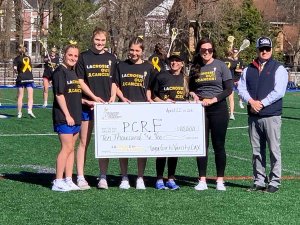



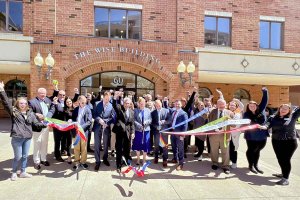
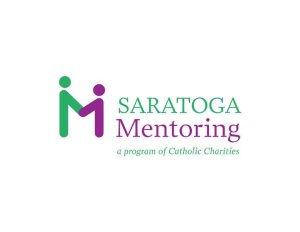


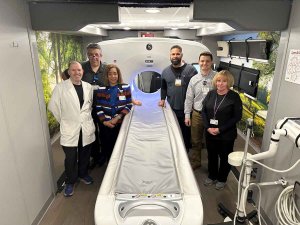








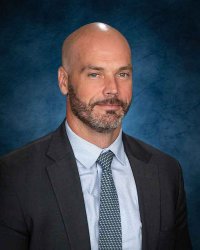
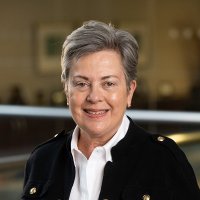



 How to resolve AdBlock issue?
How to resolve AdBlock issue? 









